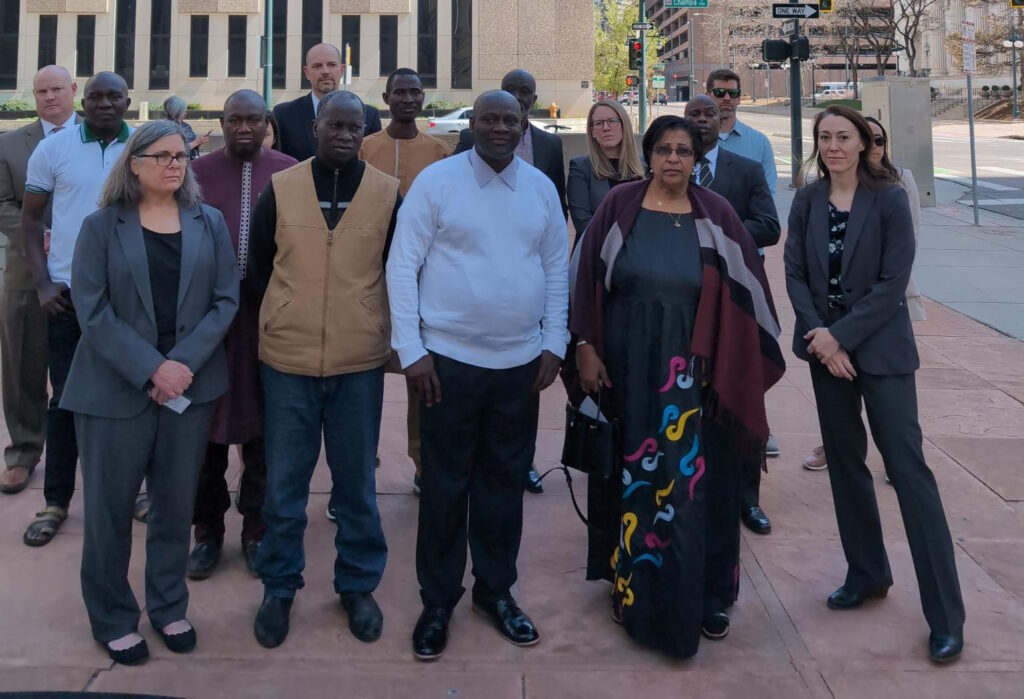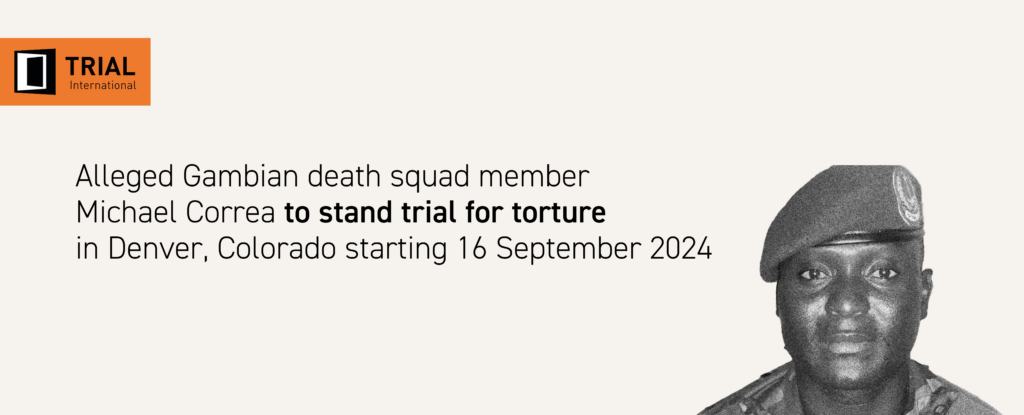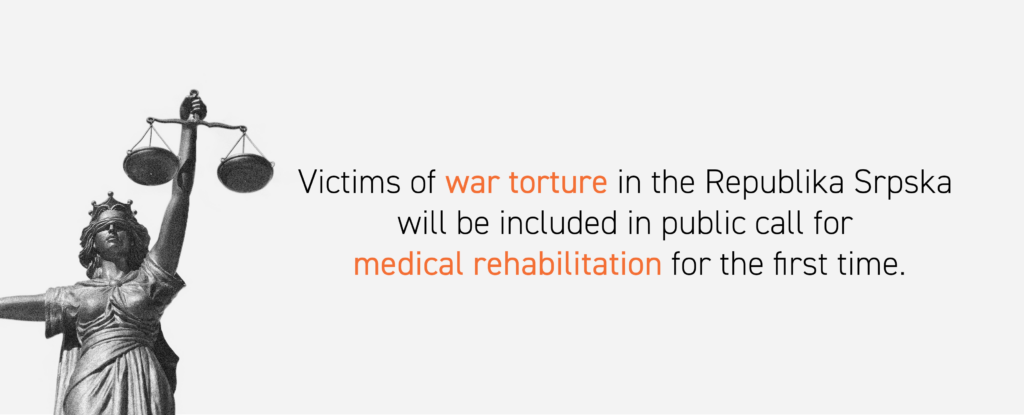Nepal: Child tortured by policemen receives compensation
For the first time in Nepal, torturers have been ordered to pay compensation to their victim. Unfortunately, they also still roam free.
Mr. Tamang was tortured by policemen when he was just 11. He was beaten, electrocuted and forced to “confess” to stealing jewels. When he left the police station, he bore physical and mental scars that would haunt him for the rest of his life. His education prospects, in particular, have been thwarted.
An encouraging precedent
Since Mr. Tamang was underage when he was tortured, his case was examined in the light of the Children’s Act, instead of the Compensation Relating to Torture Act. What first seemed like a legal technicality proved instrumental in setting an interesting precedent in the country.
The Court ruled that Mr. Tamang should be compensated by the responsible policemen, and not from State funds. The decision was made possible by the Children’s Act, whose formulation allows the direct payment of compensation by the perpetrators. The Compensation Relating to Torture Act, on the other hand, requires the State – not the accused – to redress the victim.
It is the first time a Nepalese court takes such a stand in a torture case, setting an exciting precedent for victims countrywide. Fundamentally, it sends the message that the State should not protect offenders for their violations.
Torture remains rampant and under-punished
Unfortunately, the Nepalese court have not gone all the way in their condemnation of the crime. Rather than ordering a prison sentence, the judges simply fined the two policemen. This is allowed under Nepalese law because torture is not a criminal offense.
This leaves the victim, understandably, with mixed feelings. What is the meaning of compensation if those who tortured him remain unpunished?
The amount Mr. Tamang was offered seems to point in that direction: it does not nearly cover the prejudice he has suffered, in terms of health and education perspectives. Other, non-pecuniary forms of reparations, such as medical and psychological assistance, or guarantees that the crime will not occur again, are notably absent.
“The Nepalese courts have missed a great opportunity to take a strong stand against torture. There are encouraging steps forward, but it is far from being deterrent enough to prevent future crimes”, says Head of Nepal program Helena Rodríguez-Bronchú Carceller. “Only when victims are comprehensively redressed and perpetrators adequately punished will the use of torture recede in the country.”
An Anti-Torture Bill is currently under examination before the Nepalese parliament.
Read more about the Anti-Torture Draft Bill in Nepal.
Read more about Lakpa Tamang’s case.










